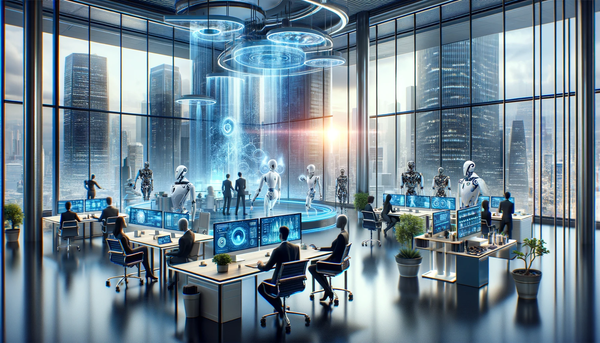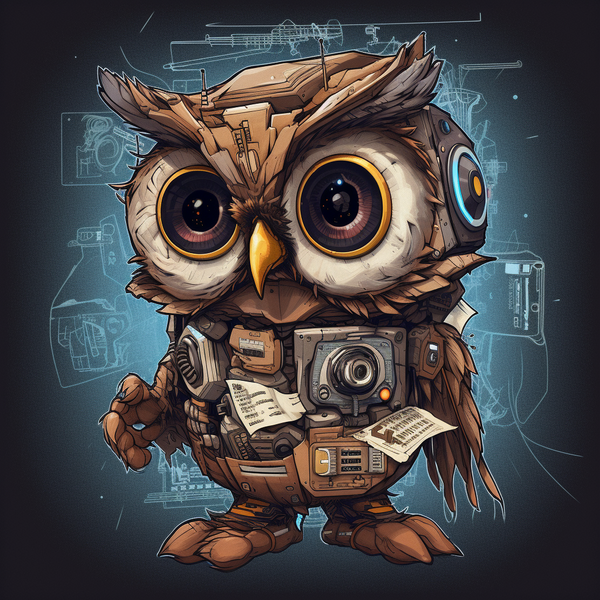As AI becomes more prevalent in the workplace, how can we ensure that our usage of AI doesn't compromise our values, relationships, and connection with others? This article will discuss strategies for integrating AI into the workplace while preserving our humanity.
One of the most significant challenges professionals face when integrating AI into the workplace is striking the right balance between efficiency and human connection. It's essential to remember that while AI can automate tasks and improve productivity, it cannot replace the power of human interaction and collaboration.
To successfully integrate AI without compromising values, relationships, and connection, consider these strategies:
- Focus on AI as a tool to complement human skills: Instead of viewing AI as a replacement for human work, see it as a tool that enhances our abilities, allowing us to focus on higher-level tasks and fostering creativity. At Ridiculously Efficient, we help knowledge workers identify parts of tasks that cause them to procrastinate, lose focus, or exhaust their energy – and use AI to accelerate or augment those activities.
- Prioritize communication and collaboration: Encourage open communication and collaboration between team members, ensuring that AI implementation does not lead to isolation or decreased interaction. Leave AIs for the "backstage" work so that human colleagues can communicate from the "front stage."
- Allocate time for relationship-building: As AI takes on more routine tasks, allocate the time saved for nurturing relationships with colleagues, clients, and partners. This is the true promise of AI: fulfilling the tasks and to-dos that are the natural byproduct of meetings and calls.
- Maintain empathy and emotional intelligence: As AI becomes more integrated into our work, it's vital to remember the importance of empathy and emotional intelligence in fostering connection and understanding. We cannot automate the human experience – and in a world where every business is using AI, how we manage our human relationships becomes even more important.
- Continuously reevaluate AI's impact: Periodically assess the impact of AI on your workplace values, relationships, and connection. Adjust your strategies as needed so that your choices and actions always support your goals.
By incorporating these strategies, professionals can ensure that AI implementation leads to a more efficient, yet still human-centric workplace. How will you integrate AI into your workplace while preserving your values, relationships, and connection with others?









